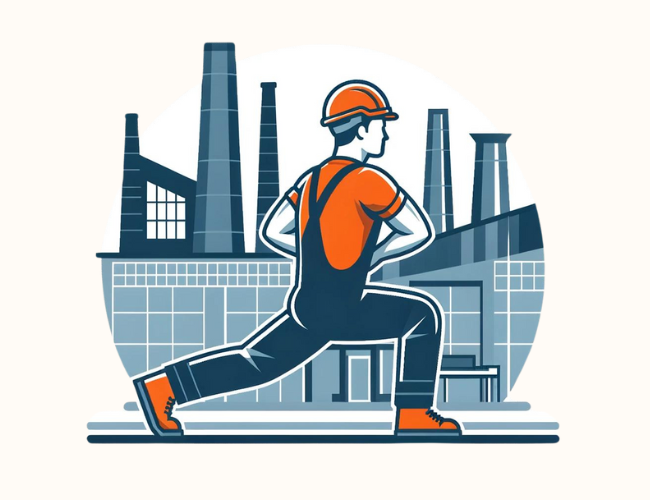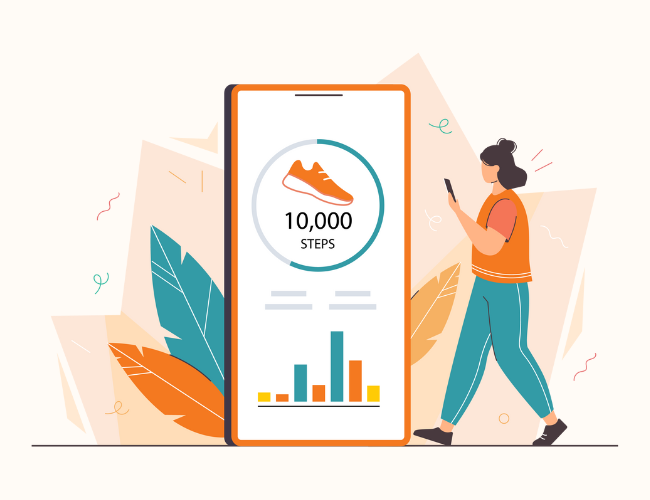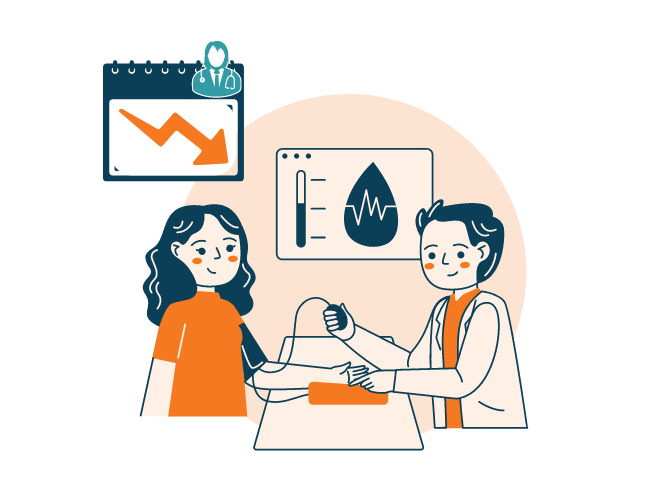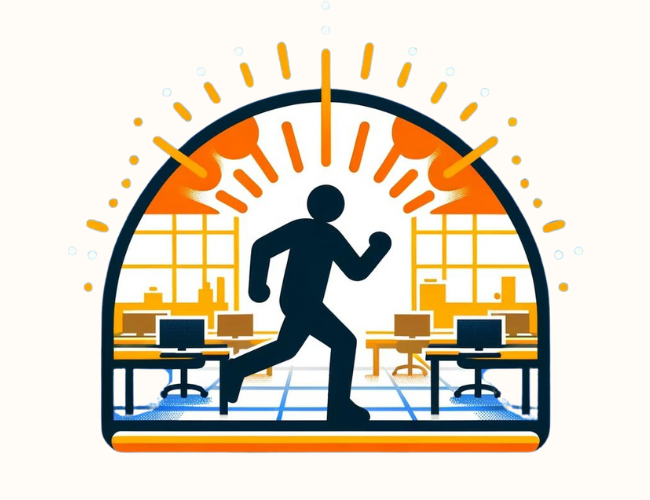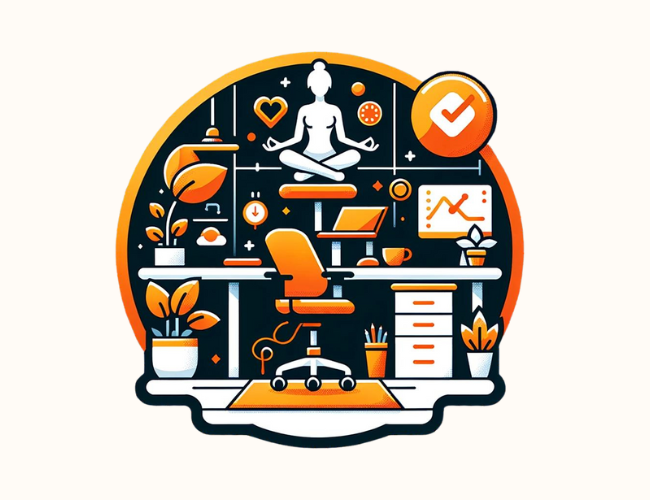Intense or prolonged stress can negatively impact just about every aspect of wellness. It can cause one’s physical health to deteriorate, lead to or exacerbate mental health problems, and even severely disrupt a variety of cognitive processes that are essential for learning and problem solving (e.g., working memory and attention). Since physical, mental, and intellectual health are essential for employees to thrive and be productive in their workplaces, successful businesses must find ways to help their employees be as stress-free as they can.
While there are a number of effective stress reducing behaviors that employees can engage in, some are, for a variety of reasons, failing to make adequate use of them, resulting in workplaces that are far from optimally happy and efficient. To solve this problem, Microsoft has been working on developing a stress tracking and management technology that stands to make more employees implement effective anti-stress strategies. While only at the patent stage, their technology will work by combing biometric data (e.g., heart rate and blood pressure) with productivity analytics (e.g., how much time is being spent on emails) to provide users with real-time information on their stress levels and encourage them to engage in personalized stress reducing behavior.
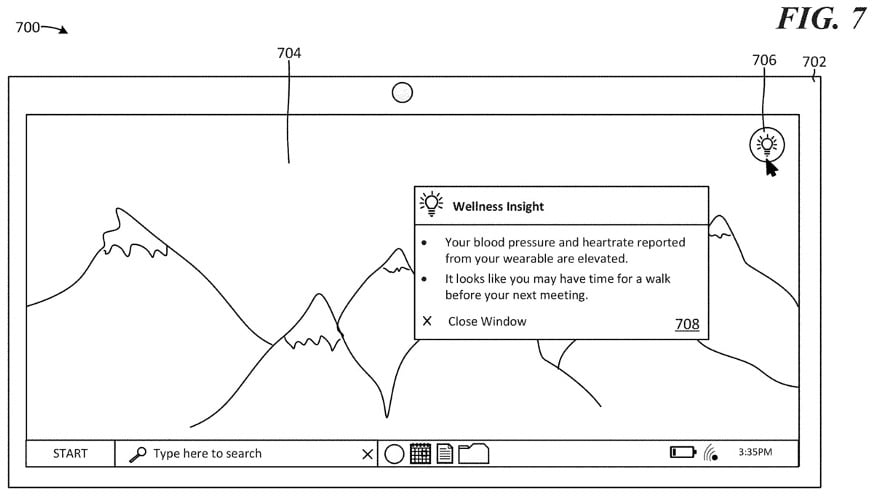 Image taken from Microsoft’s patent
Image taken from Microsoft’s patent
If brought to fruition, this technology would make destressing significantly easier. For one thing it would eliminate the need to self-monitor one’s stress levels, which is an unpleasant and attention demanding activity, to determine if stress reducing behaviors are in order. For another, it would make employees more motivated to reduce their stress levels by making them aware of the fact that they are stressed, which they might otherwise not have realized. Lastly, this technology would enable anxious employees to decide on or identify effective de-stressing tools without having to take time away from their other important tasks.
What Comes Next?
Though this technology stands to make de-stressing easier to do, there is room for improvement. The methods of stress detection may be far from perfectly reliable. Researchers on physiological measures of stress almost universally recognize that measures like blood pleasure and heart rate are imperfect measures of stress. This should come as no surprise, as we all know that it’s possible to raise one’s heart rate and blood pressure by being happy, which is the exact opposite of being stressed. On top of that, the anti-stress strategies that Microsoft’s technology will trigger when high stress levels are detected are not perfect remedies for every kind and amount of stress that an employee may be feeling. This is in part because employees may not have the time or energy to engage in any stress reducing behaviors. As a result, Microsoft’s contribution may only mark the beginning of an exciting series of novel technological solutions to stress management.
While there are researchers investigating alternative ways of measuring stress through biometric data (e.g., through brain waves), which may be more reliable measures of stress, the most exciting advancements are likely to come in the form of new anti-stress mechanisms that stress-detection devices can be connected to. For example, Harvard Business Review reports that stress-detection technologies may eventually be able to connect to devices that have the capacity to automatically engage stress reducing changes in one’s environment (e.g., dimming the lights in one’s home or play their favorite Calm playlists). For those who either can’t or don’t want to put the work in to engage in other more effortful means of stress reduction, advancement like these will make becoming and staying calm that much easier.
Upshots For Employers
Ultimately, what this means for employers is that their workforces will soon have easier means of both tracking and counter-acting high stress levels that interfere with their health, happiness, and productivity. Going forward, companies should keep an on eye the developments as they arise. Additionally, they should take time to ensure that the companies that produce whatever novel anti-stress technologies that they decide to offer their employees are working hard to avoid social or ethical issues that may arise when devices start directly tracking stress-levels. While many companies will do this successfully, it is worth taking the time to vet any product that will gain access to information as sensitive as levels of stress.




